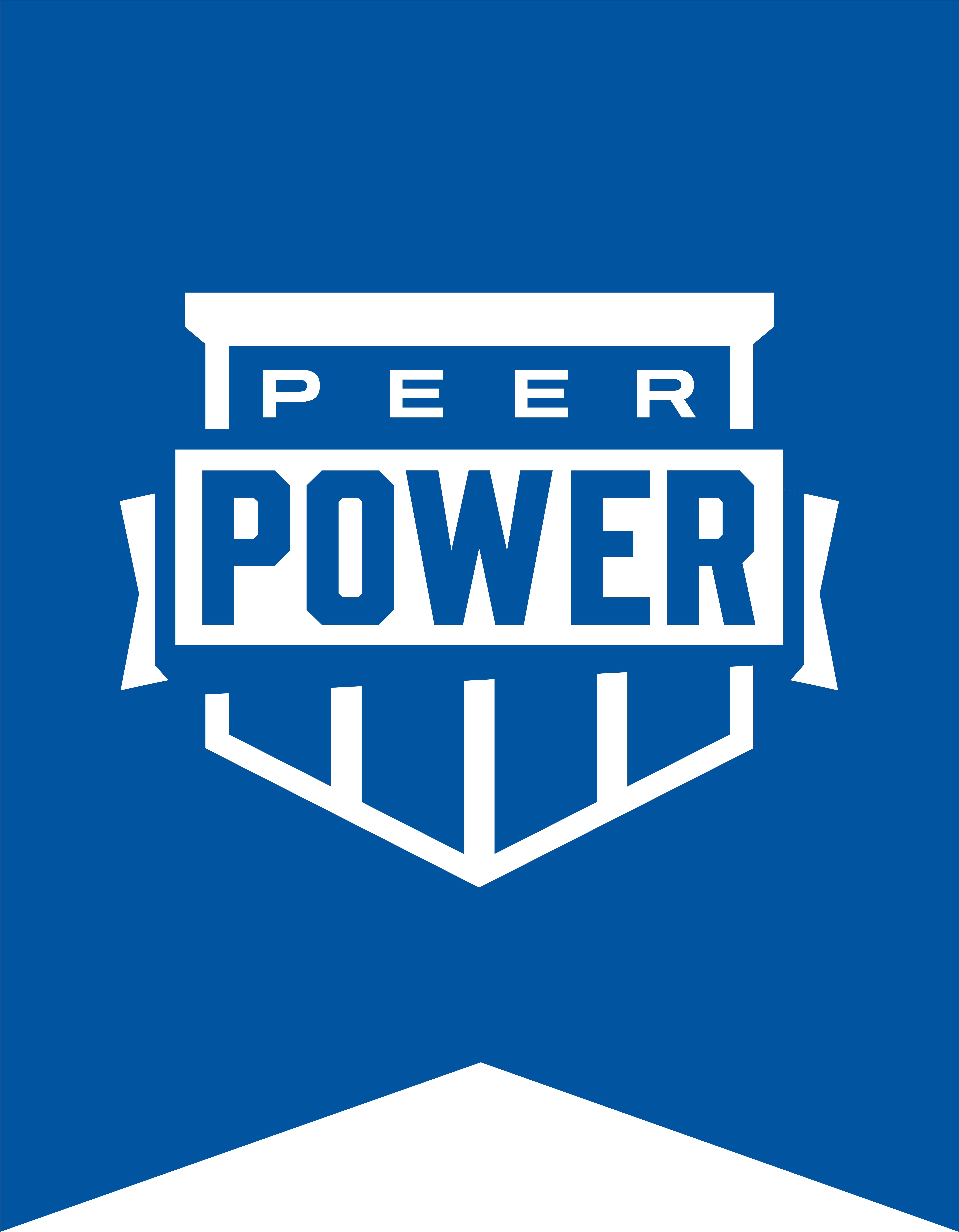Grant writing is a demanding profession that requires a unique blend of skills: storytelling, empathy, persuasion, and resilience. While it can be incredibly rewarding to secure funding for important causes, the emotional and mental challenges of the job can take their toll. Without implementing effective self-care practices, burnout becomes inevitable. This blog post explores the importance of self-care in grant writing and offers strategies to maintain your motivation and passion.
The Emotional and Mental Challenges of Grant Writing
Grant writers often find themselves deeply invested in the causes they support. We immerse ourselves in stories of struggle and hope, crafting narratives that aim to touch hearts and open wallets. This emotional investment, coupled with the pressure of deadlines and the disappointment of rejected proposals, can be mentally exhausting.
Moreover, the constant need to be persuasive and resilient in the face of rejection requires a significant amount of emotional energy. It’s easy to feel personally responsible for the success or failure of funding applications, which can lead to stress and anxiety.
Setting Boundaries: A Key to Sustainable Success
One of the most effective ways to prevent burnout is to set clear boundaries. This starts with being organized and setting personal goals. Once you have a clear understanding of what you need to accomplish, you can be more strict about adhering to those goals and avoiding overwork.
Remember the old adage: you can’t pour from an empty cup. Prioritizing time to replenish your own energy and motivation is crucial. By doing so, you’ll be more efficient in your role and better equipped to meet your goals.
Strategies for Self-Care and Stress Management
Implementing a variety of self-care practices can help you maintain a healthy work-life balance and keep burnout at bay. Here are some strategies to consider:
- Practice mindfulness or meditation to center yourself and reduce stress
- Engage in regular physical exercise to boost mood and energy levels
- Maintain a consistent sleep schedule to ensure proper rest and recovery
- Set aside time for hobbies and activities you enjoy outside of work
- Connect with friends, family, or a support network regularly
- Take short breaks throughout the workday to refresh your mind
- Celebrate small wins and acknowledge your accomplishments
- Learn to say “no” to additional tasks when your plate is full or pull in colleagues for additional support
- Establish a dedicated workspace to separate work from personal life
- Practice gratitude by reflecting on positive aspects of your work and life
By implementing these strategies and being mindful of your own needs, you can maintain your passion for grant writing while avoiding burnout. Remember, taking care of yourself isn’t selfish—it’s essential for sustaining your ability to make a difference through your work.
In conclusion, grant writing is a challenging but rewarding field that requires a delicate balance of passion and self-preservation. By acknowledging the emotional demands of the job, setting clear boundaries, and prioritizing self-care, you can maintain your motivation and continue to make a positive impact through your grant writing efforts.


